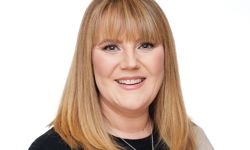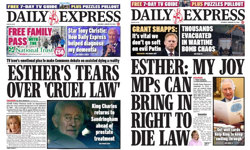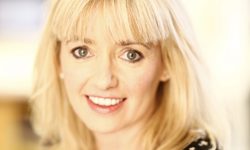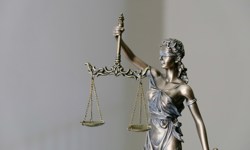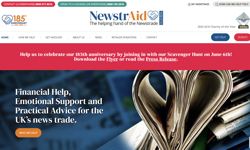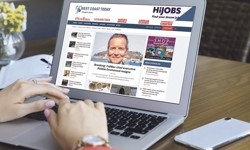"While the world’s media scrambled to cover these epochal events, it was liberation time for journalists and news media in these countries," said Jacob Mathew, President of the World Association of Newspapers and News Publishers (WAN-IFRA), during the opening ceremony of the 63rd World Newspaper Congress, 18th World Editors Forum and Info Services Expo 2011 in Vienna, Austria.
"Yes, it was heartening when citizens who were denied access to any news quickly responded to news channels, newspapers and the new media in a big way in the Arab world," he said. "It was a legitimate base for media which was oppressed for decades."
Mr Mathew acknowledged the role that emerging social media played in the revolutions. "These mass movements remind the global print media that freedom of expression can take unexpected and unprecedented routes if there are restrictions in the traditional media," he said. "It is important that we plan for convergence of all platforms. Our strategies should address the changing scenario and we need to be in tune with the wavelength of the youth as they spearhead changes everywhere."
More than 1,100 publishers, chief editors, managing directors, CEOs and other senior newspaper executives from 102 countries gathered in Vienna this week for the three-day Congress and Editors Forum, which focuses on the transformation of the news publishing industry in the digital age.
"We are all aware of the big strategies, issues and challenges fast emerging in the digital world," Mr Mathew said. "This is the time for innovations and new business ideas. Innovations are born out of potential and not out of limits. WAN-IFRA is giving much importance to innovations and research and they will play a key role in making print media more relevant in the busy media matrix."
Mr Mathew also touched on the phone hacking scandal in the United Kingdom and its impact on perceptions about news media ethics everywhere.
"This incident sparked off demands for greater control on media, especially by the government and the so called civil society. There are calls for new legislation and some have even sought enforcement of draconian punishments to editors, journalists and publishers," he said.
"The important aspect here is that increased government regulation is not the answer. Media should encourage itself, and should be encouraged by others, to have its own self regulatory mechanism, and news media organizations should ensure greater accountability from their journalists and executives. Crossing the ethical line is repugnant. "The credibility of the news media is under great public scrutiny and it calls for introspection and self correction in the industry. Privacy issues will become more complex when journalism tools become technology driven. To increase privacy laws really risks having an impact on press freedom.
"Let us not forget that it was newspapers themselves free to do their jobs that unravelled the recent unfortunate scandal. Such vigilance is an innate part of our character."
The Congress and Editors Forum events can be followed throughout the week at www.worldnewspaperweek.org/blog.



